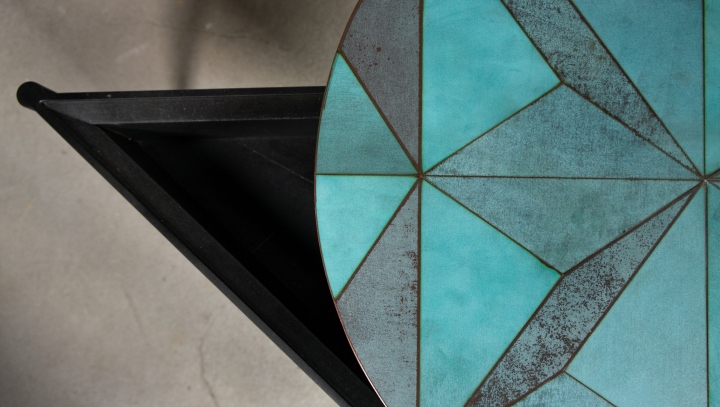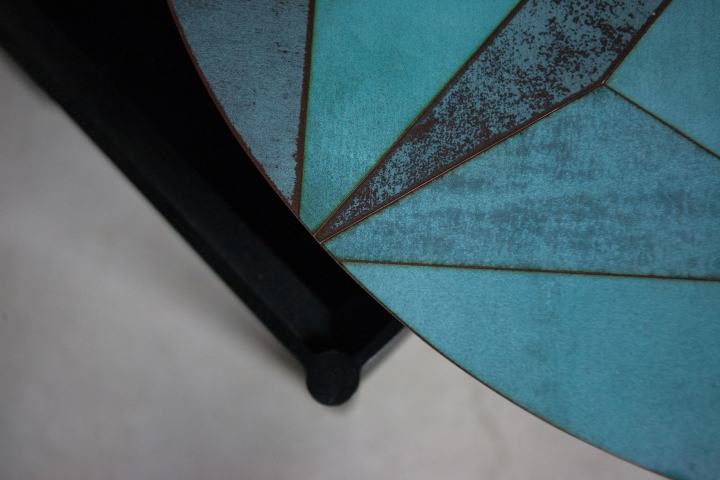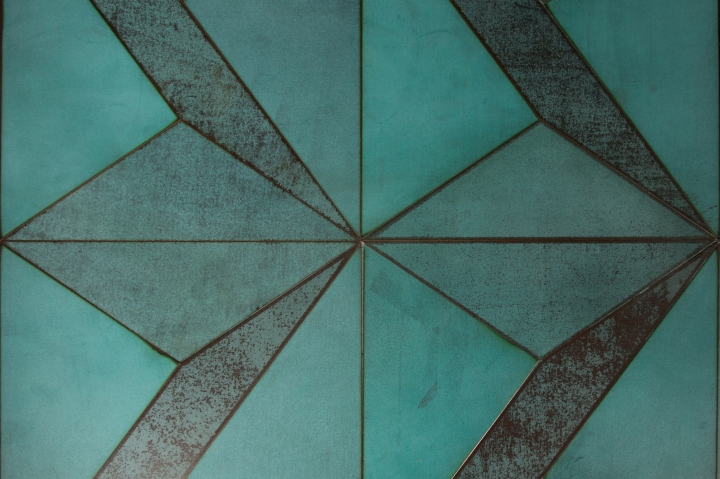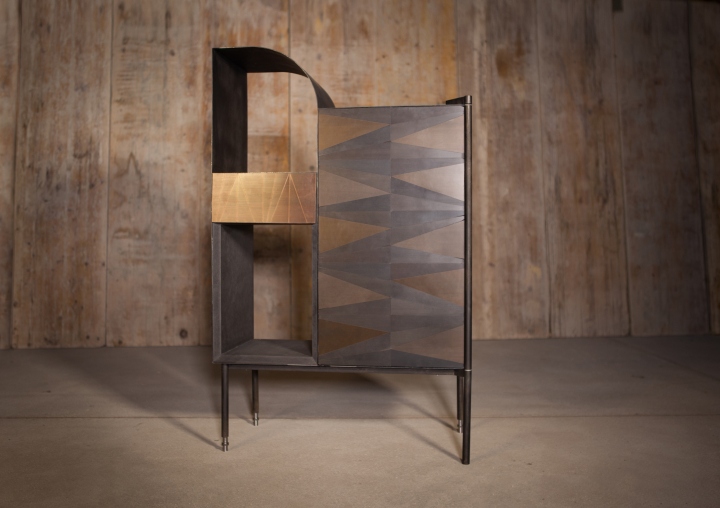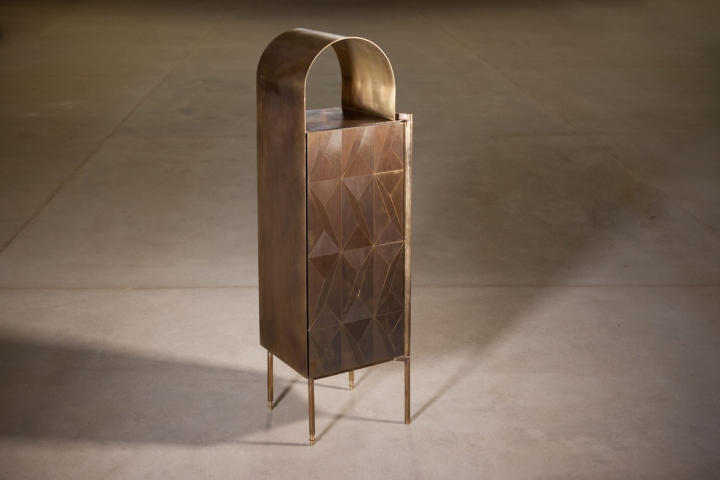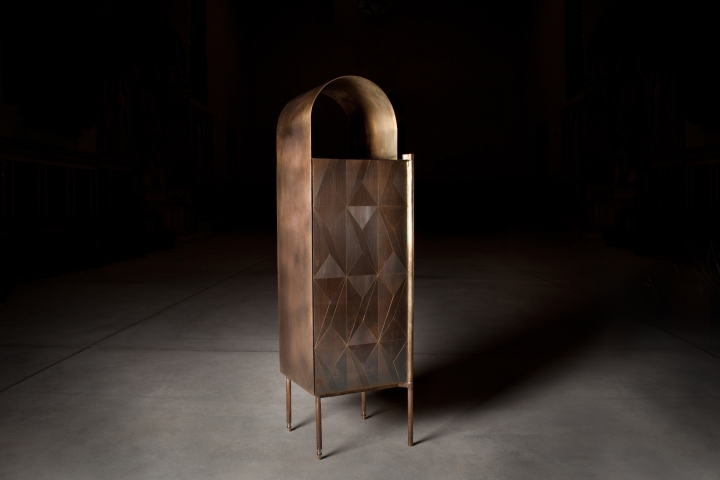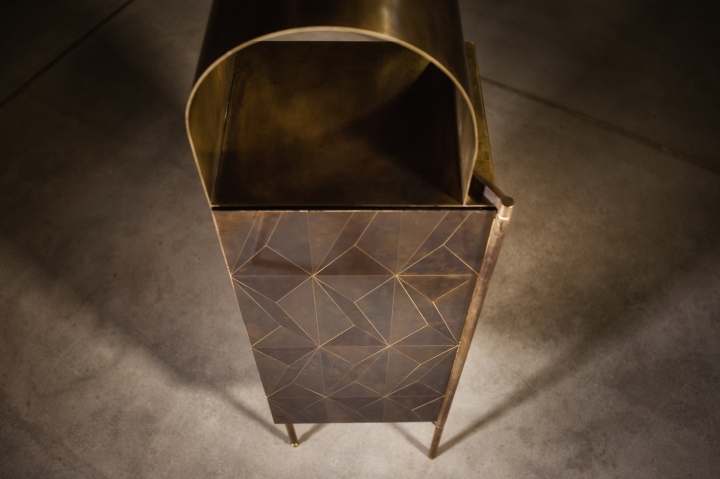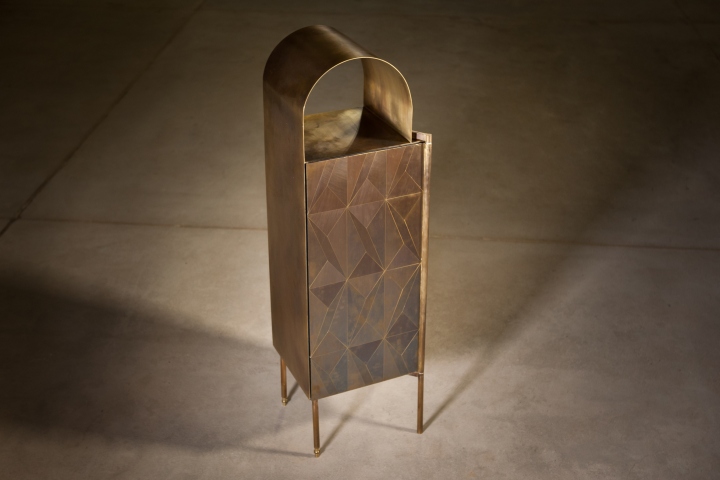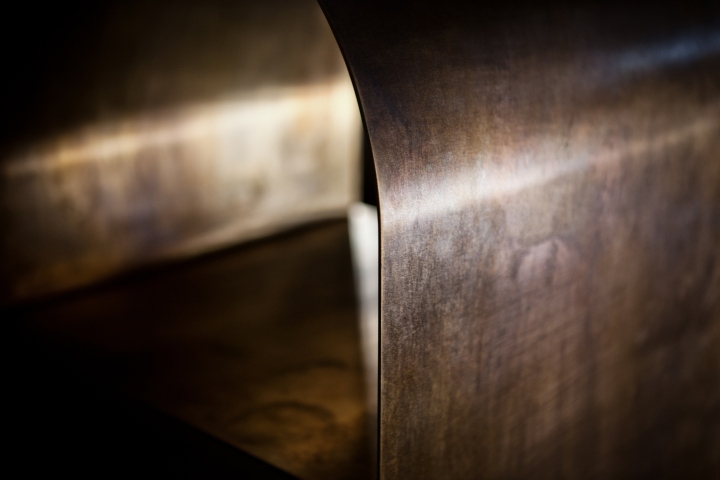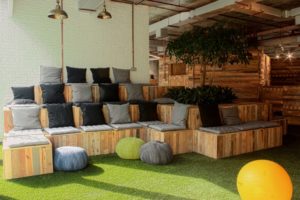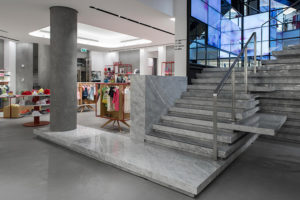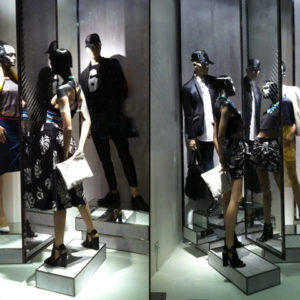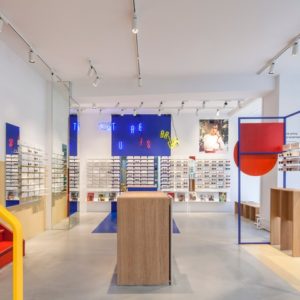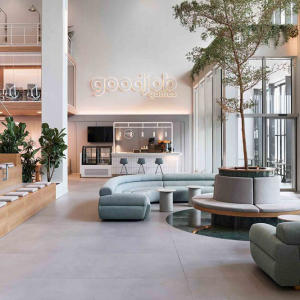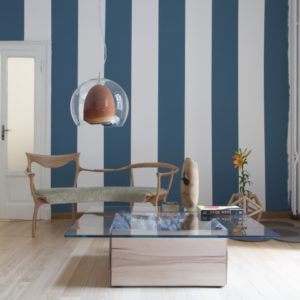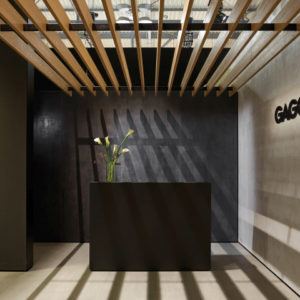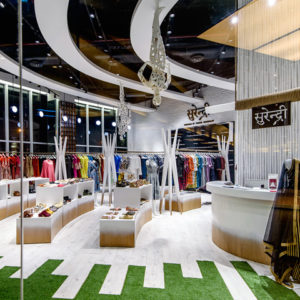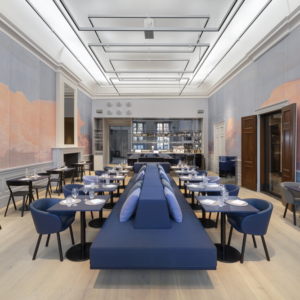


Alessandro Zambelli has designed a new collection of furniture accessories in inlaid metal for the London gallery Matter of Stuff (MOS). His brainchild is a tribute to 1920s Paris and to the ground-breaking designers whose ideas reigned supreme in Art Deco: the exquisite interiors of Metropolis; the spectacular stage sets of the Ballets Russes; the perfectionist cabinetmaking of Emile-Jacques Ruhlmann; and the understated elegance of the decorative metal objects of Jean Dunand.

Zambelli designed the series – dubbed “Marqué” – specially as an entry for the MOS Designer Residency Competition. MOS offers these residencies in the picturesque medieval village of Montalcino, in Tuscany. In addition to Zambelli, there were five other winners: the international design studios of Nina Cho, Olga Bielawska, Studio UUfie, Tim Vanlier and Tomáš Libertiny. As for Marqué, its materials and shapes turn out to be distilled recollections. This is a collection which harks back, reviving traditional techniques and revisiting old themes. It is a congeries of stylistic features in search of new forms of expression, to which only Italian manufacturing excellence can do full justice.
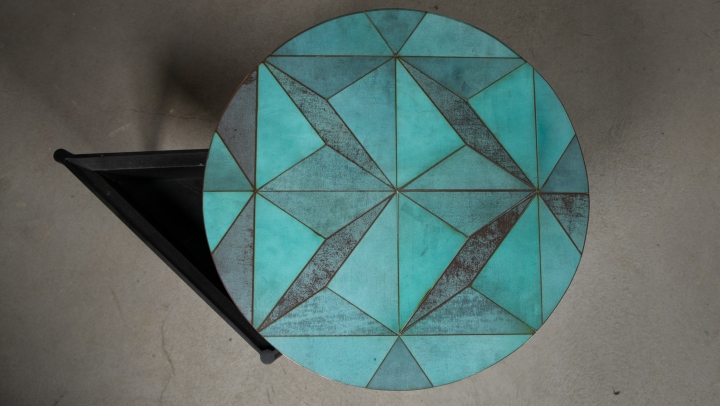
Marqué is a set of furniture pieces: a dry bar, a console cabinet and a coffee table. The collection rethinks its use of materials – iron, copper and brass – in “cabinetmaking” terms. Its inlaid work catches the eye as a new and distinctive embellishment. Each metal undergoes an experimental process of oxidisation which causes a unique and unpredictable alteration of the surface. As many as four different degrees of oxidisation alternate here.

Thus the stark linearity of the furniture contours is, as it were, enriched by the presence of lavish, criss-crossing surface patterns which form an inlaid composition. Furthermore, the surface oxidisation of the metal causes unrepeatable changes which lend infinite variety and subtlety. The slender legs on which each piece stands also boast distinctive features: three are tipped with the pure, unoxidised metal while the fourth, serving as a pivot, stands out visibly from the rest of the ensemble: a cheerful ‘odd one out’. This further confirms the extreme sophistication and attention to detail of the entire composition. So Art Deco comes to life in contemporary form and makes its “mark” in the third millennium.
